Several of Apple's standard system components are on the verge of receiving significant AI-related enhancements, with Safari, Spotlight Search, and Siri being first in line for the treatment.
Over the past several months, there's been various chatter regarding AI-related features bound for iOS 18, and AppleInsider has since learned some specifics on the functionality of Apple's Ajax large language model (LLM), as well as information on features the company has been testing alongside it.
This report focuses only on information that could be verified independently through people familiar with the software. In addition to specific features, they've collectively shared some info on the iPhone maker's internal AI test environments as well.
Before exploring the planned AI upgrades in detail, it's important to consider the motivation behind Apple's move to develop its own generative AI technology and what it aims to achieve by doing so.
Why is Apple incorporating generative AI into its upcoming operating systems?
As the popularity of generative AI software continues to increase, it's only logical for Apple to apply LLMs for the betterment of its existing default applications, which are widely deployed across billions of devices worldwide. Those familiar with the company's early efforts believe the company maintains a clear vision for its AI-enhanced apps and services, with an unmistakable sense of direction.
Apple's approach to generative AI will focus on practical benefits for the end-user while simultaneously attempting to preserve user privacy by using on-device LLM.
Rather than offering short-term entertainment value in the form of an AI chatbot, the company aims to improve its existing portfolio of system applications via generative AI. Features like text summarization, document analysis, and AI-enhanced search options would all directly benefit end-users in meaningful ways.
Apple intends to introduce AI-related improvements to several of its built-in system apps beginning next month, including Siri, Spotlight Search, Messages, Mail, and Safari.
AI-powered text summarization for Safari and Siri
As detailed in our exclusive report on the next iteration of Safari, Apple is testing AI-related enhancements for the app, with text summarization being one of the key features in the works.
With the release of Safari 18, Apple is expected to introduce article summarization through a new Intelligent Search feature — meaning users will have the option to generate a brief summary of any webpage currently on screen.
Apple's built-in AI software can analyze the keywords and phrases within a webpage or document and generate a short summary containing only the most important information.
Siri is also due to receive a similar update, according to people familiar with Apple's plans, as the company intends to integrate the digital assistant more closely with its built-in Messages application.
The company's AI software can analyze message contents in pre-release versions of Apple's next-gen operating systems. The LLM is also reportedly capable of generating responses that relay the content of messages in a simplified way.
Internal test environments offer significant insight into the overall capabilities of Ajax, especially regarding on-device response generation - another key feature Apple is working on.
Ajax will be able to generate basic responses entirely on-device
Apple has been exploring offline response generation software for over a year at this point, and it could very likely make its debut next month at WWDC in one form or another.
Perhaps the most valuable feature Apple has developed is the software's capability to generate sentence-long responses and function unabated without cloud-based processing.
When provided with text input, the on-device AI generates multiple responses within a matter of milliseconds. Within Apple's test environments, these responses are organized based on accuracy, speed, and other relevant factors.
In creating responses, Apple's Ajax LLM will check whether or not the text input contains the name of a saved contact and display the contact's information, if necessary. The software will also communicate with the Calendar app and take into account events when creating a response.
While Ajax can generate rudimentary text-based responses on-device, more advanced replies or text summaries appear to necessitate server-side processing. This aligns with other reports claiming that Apple is in talks with OpenAI and Google about licensing their cloud-based AI technology.
As for generating text from a prompt, Apple reportedly explored ways of doing this entirely on-device, but it remains unclear whether it succeeded in accomplishing offline text generation.
Though more sophisticated AI features will likely require connectivity, Apple's on-device processing can still be used for more basic features, such as text analysis and rudimentary summarization through keywords and sentences.
Text analysis and summarization for Safari and Messages
In its AI-related test applications and associated environments, Apple strongly emphasizes text analysis and summarization - all of which are handled by the company's on-device LLM, Ajax.
Before testing can begin, Apple's engineers first provide the LLM with the necessary text input. The software can receive text input through a dedicated text box, through digital documents, or it can use information from the Safari and Messages applications.
Upon receiving text input, Apple's on-device AI selects keywords and phrases within a text, designating them as text topics. Sentences containing explanations, descriptions, definitions, or those which denote varieties of objects are also isolated from the remainder of the text.
In analyzing texts, the software takes into account all relevant information available. It can recognize and classify entities such as companies, people, and locations. For instance, if a name appears at the top of a text, the software will likely recognize the name as belonging to the text's author.
The selected key sentences and topics ultimately provide a rudimentary text summary, which Apple's on-device response generation software can use for a more coherent answer.
As the company's text analysis software is capable of functioning entirely on-device, this could give Apple an advantage against the competition in the area of privacy protection.
How will the new AI improvements affect user privacy?
Apple's on-device AI software also appears to have a strong focus on preserving the privacy of its users, which would align with the company's existing privacy-focused features - such as iCloud Private Relay.
Even in Apple's test environments, user privacy warnings still exist. According to individuals familiar with the software, the company's test utilities will display a message before the Ajax LLM uses any information from Safari or the Messages app.
By eliminating the need for cloud-based processing — at least in the most basic of situations — the chance for privacy-related issues is greatly reduced. If user data is not transmitted, the odds of it becoming compromised are obviously much lower.
Compared to existing implementations of AI in rival products and services, Apple's implementation is arguably innovative in its attempt at privacy preservation and efficient on-device processing.
How does Ajax compare against the competition?
Apple's AI-related improvements look to compete with the ever-increasing number of AI-enabled applications, which are available from a wide variety of third parties.
Virtually every app, from Slack to Google Chrome, now features some degree of AI integration, in addition to the various AI chatbot apps currently on the market.
Products such as the Rabbit R1 or Humane AI Pin could also be regarded as competition, as they're commonly perceived as virtual personal assistants or smartphone replacements.
By creating an AI-infused version of Siri with on-device processing, Apple hopes to overshadow many existing implementations of generative AI - especially AI-themed physical products.
Both the Rabbit R1 and the Humane AI Pin function through cloud-based processing, with the latter even requiring a separate monthly subscription to operate. These devices are also commonly regarded as unfinished or only partially functional, as noted in various user reviews.
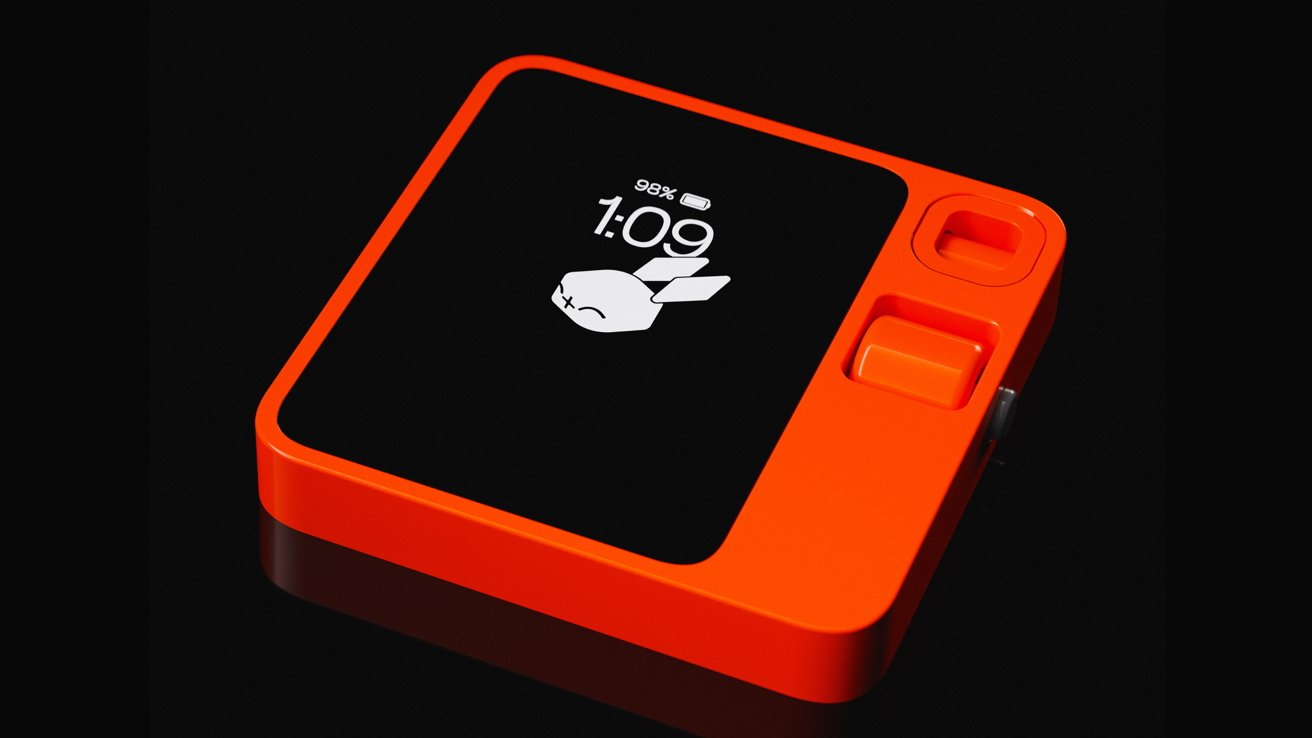 Apple will compete with products like the Rabbit R1 by offering vertically integrated AI software on established hardware
Apple will compete with products like the Rabbit R1 by offering vertically integrated AI software on established hardwareAn AI-capable version of Siri would also allow for greater privacy protection with on-device processing, all without the cost of an added monthly subscription. Given Apple's established market presence, quality control practices, and available resources, Siri has renewed potential to become a serious competitive threat.
During Apple's most recent earnings call on May 2, Apple's CEO Tim Cook fielded two questions about the company's monetization of generative AI but did not provide concrete responses. Earlier in the call, Cook affirmed Apple's "unwavering focus on privacy" and said that the company has "advantages that differentiate" it from the competition regarding AI.
Relative to AI chatbot applications and services such as OpenAI's ChatGPT, an updated version of Siri would have its advantages in the form of on-device functionality. It would also leverage its existing integration with other built-in Apple applications, allowing for greater functionality than any ordinary chatbot.
As for Safari's upcoming Intelligent Browsing feature with text summarization, it likely aims to compete against prominent third-party browsers such as Arc Browser, which also contains its own text summarization feature.
Given Apple's recent interest in artificial intelligence, we should see some of these features debut at the annual Worldwide Developers' Conference later this year.
 Marko Zivkovic
Marko Zivkovic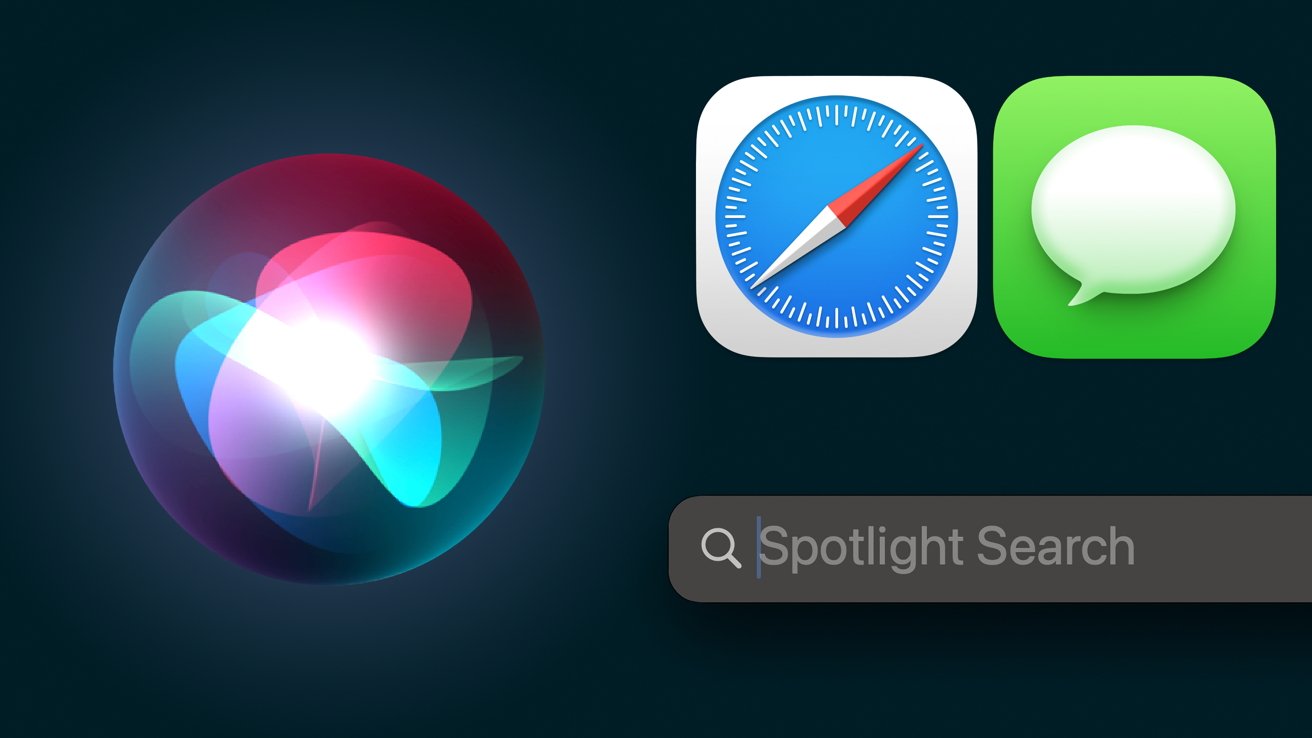

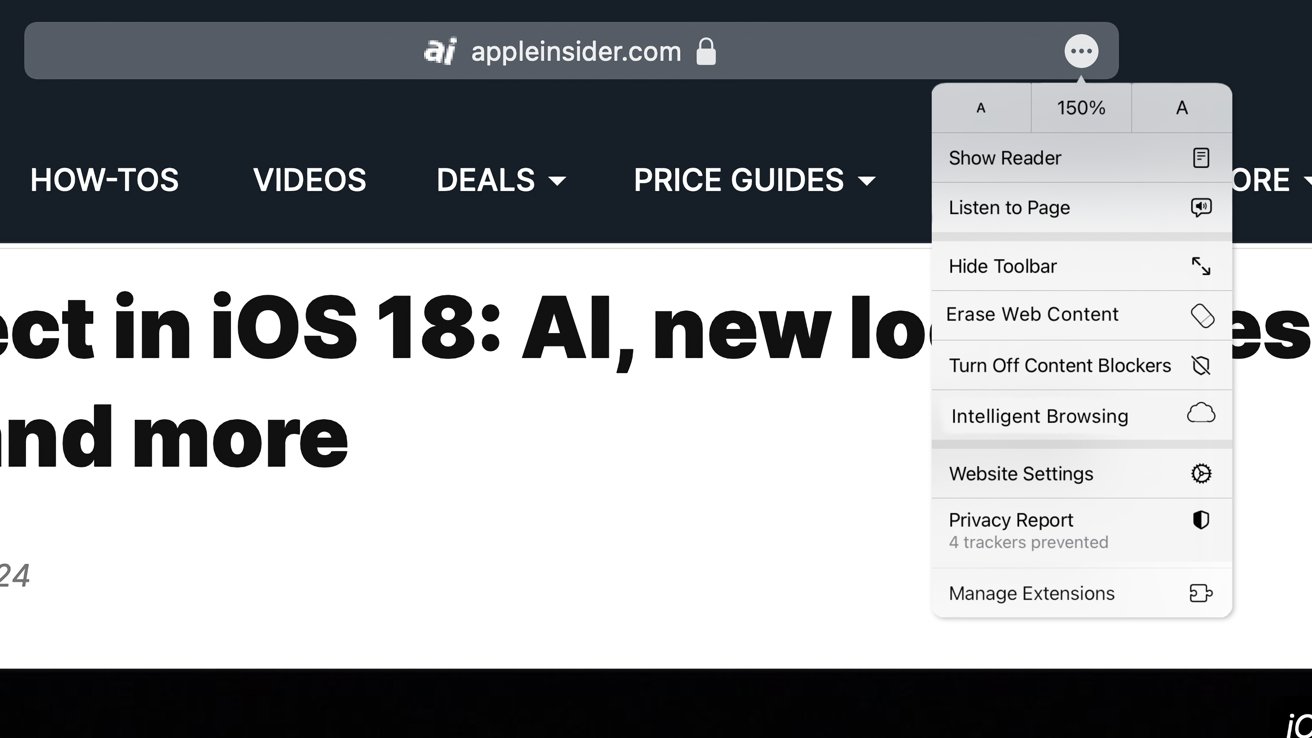
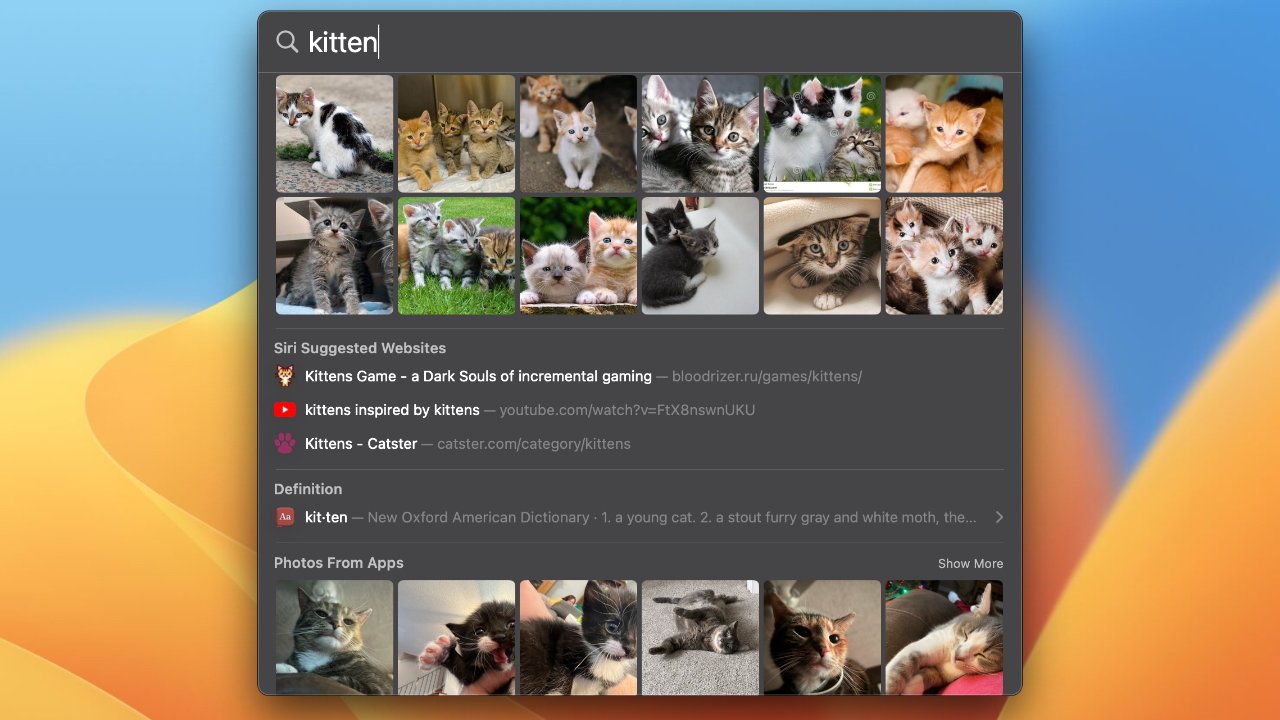
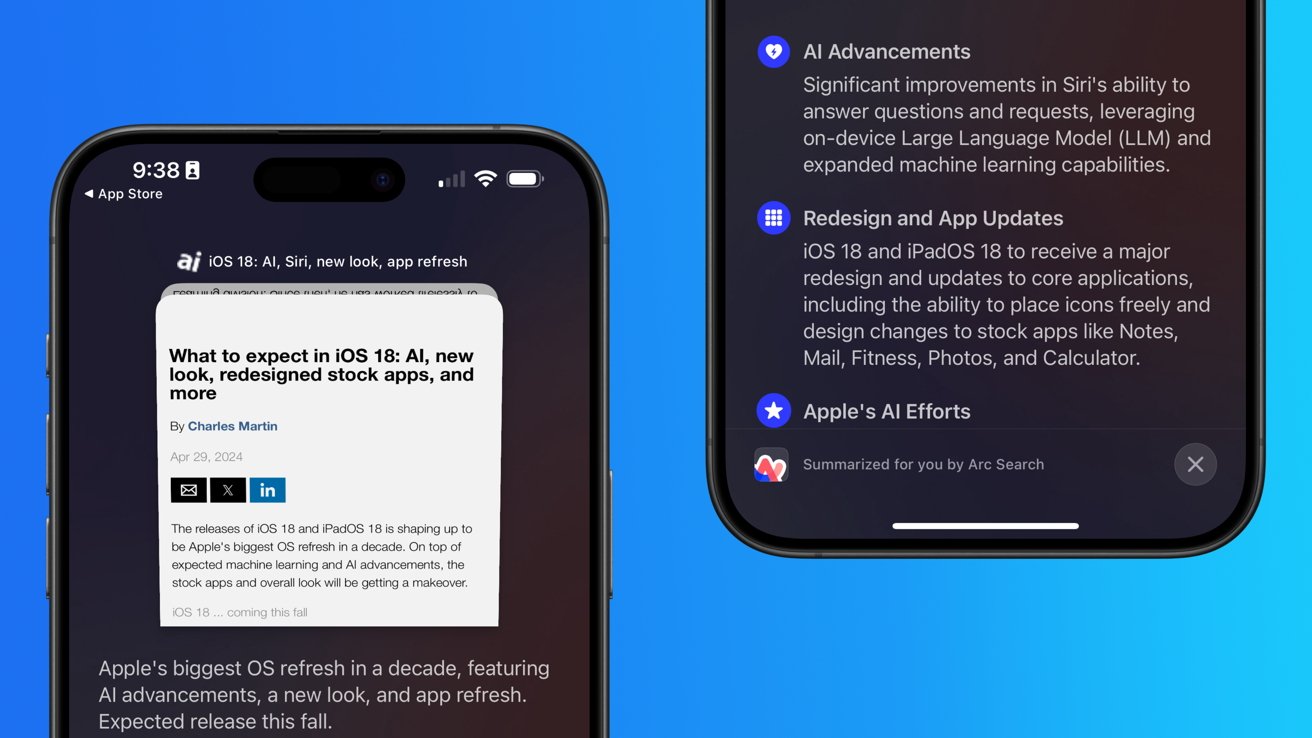

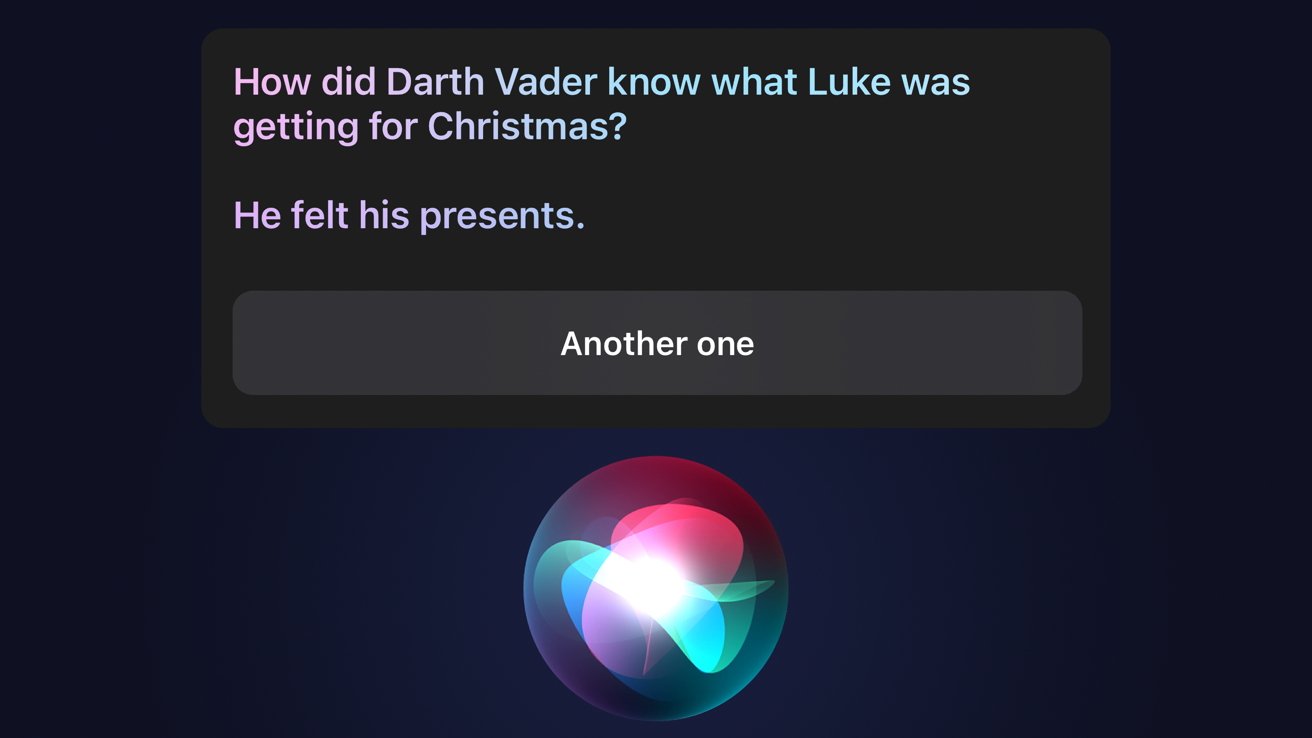







-m.jpg)






 Bon Adamson
Bon Adamson

 Amber Neely
Amber Neely
 Malcolm Owen
Malcolm Owen


 Christine McKee
Christine McKee


-m.jpg)






29 Comments
Spotlight search. Hope that this upgrade provides some useful search. As Spotlight search currently stands you will be lucky, very lucky, to find anything of any use on the Mac.
The Mac is a great machine and so is the iPhone. But search on the Mac and on the iPhone is about as terrible as it gets.
Any time I am stuck with having to look for a file or document I reach for an anti migraine tablet. I know I am going to get a massive headache at all the useless junk that is thrown at me which has nothing to do with the search criteria that I entered. >:)
The key question is: what will be the device hardware requirements for AI aided services?
For instance my iPhone XS is the oldest that can run the current iOS 17, so it may well not be supported by iOS 18. While my XS still works well — even the original battery! — and does everything I want it to, I may be prodded to upgrade by the availability of useful AI.